Parrots are among the most captivating pet birds you can own. Known for their vibrant colors and lively personalities, these birds bring joy and companionship to countless homes worldwide.
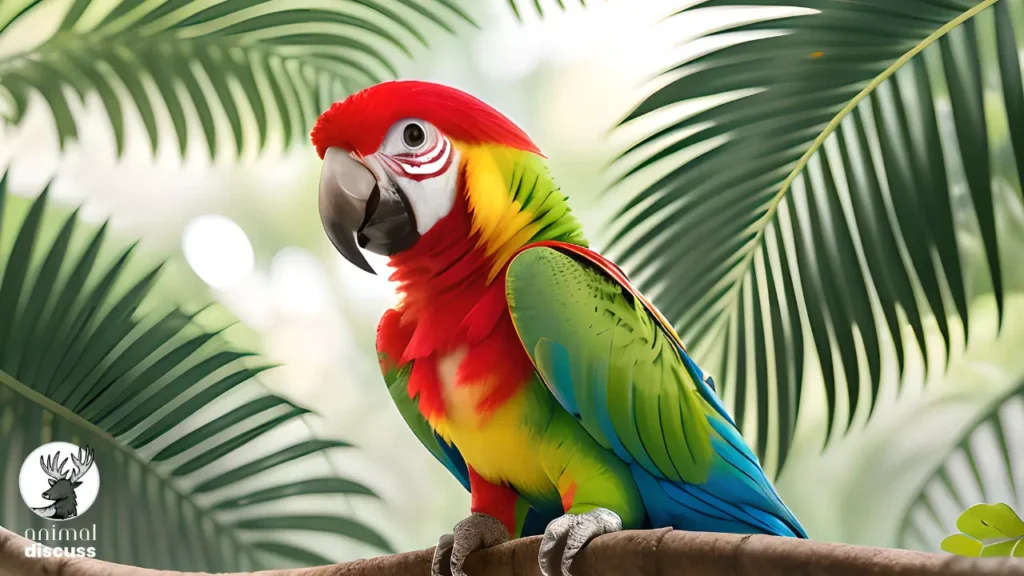
In this guide, you’ll learn:
- What makes parrots special as pets
- Essential care tips for keeping them happy and healthy
- How to bond with and train your feathered friend
- The pros and cons of owning a parrot
- Ways to ensure a long and fulfilling life for your bird
- And more
If you’re ready to dive into the world of parrots, this guide is for you!
Related Articles –
Parrot Scientific Classification
Parrots belong to the biological order Psittaciformes, which includes over 400 species of vibrant and intelligent birds. Their classification is as follows:
- Kingdom: Animalia
- Phylum: Chordata
- Class: Aves
- Order: Psittaciformes
- Family: Psittacidae (True parrots) and Cacatuidae (Cockatoos)
- Genus and Species: Varies by species, such as Ara macao (Scarlet Macaw) and Melopsittacus undulatus (Budgerigar).
This classification underscores the diversity within the parrot family, highlighting their evolutionary adaptations for intelligence, vocal mimicry, and vivid plumage.
What Makes Parrots Unique as Pet Birds?
Parrots are fascinating creatures that stand out among pet birds. Their intelligence, vibrant personalities, and unique physical features make them a favorite for bird enthusiasts worldwide.
These birds are not just visually appealing but are also deeply interactive and engaging pets.
Distinctive Characteristics of Parrots
Parrots are known for their colorful feathers, which vary from one species to another. Many parrots are capable of mimicking human speech, a feature that highlights their intelligence.
Their strong, curved beaks and zygodactyl feet (two toes facing forward and two backward) allow them to climb, manipulate objects, and crack hard seeds.
Popular Species Kept as Pets
Among the hundreds of parrot species, some are particularly popular as pets. Budgerigars (Budgies) and cockatiels are small, beginner-friendly parrots.
Medium-sized parrots like African greys and Amazon parrots are known for their remarkable talking abilities.
Larger species, such as macaws, captivate with their size and stunning plumage.
Intelligence and Communication Skills
Parrots are highly intelligent and social creatures. They can learn to recognize voices, perform tricks, and even solve puzzles.
Their ability to mimic words or sounds makes them entertaining companions. This intelligence also means they require mental stimulation to stay happy and healthy.
Why Are Parrots Popular Among Bird Enthusiasts?
Parrots have earned their place as beloved pets for a variety of reasons.
Their lively personalities and deep bonding potential make them standout companions for those willing to invest the time and effort into their care.
Traits That Appeal to Pet Owners
Parrots are known for their affectionate nature and playful behavior.
They often form strong bonds with their owners, showing affection through cuddling, vocalizations, or even mimicry. Their ability to learn tricks adds to their charm.
Social Behavior and Bonding
These birds thrive on interaction, both with humans and other birds. A well-socialized parrot becomes a loyal companion, often displaying a preference for specific family members.
Their emotional depth allows them to sense moods and react accordingly, strengthening their bond with their owner.
Lifespan and Long-Term Companionship
One unique aspect of parrots is their long lifespan, which can range from 10 years for smaller species to over 50 years for larger ones.
This longevity makes them lifelong companions but also requires a long-term commitment from potential owners.
What Should You Know About Parrots’ Care Requirements?
Caring for a parrot goes beyond simply feeding it. These birds have specific needs that, when met, ensure their health and happiness.
Essential Diet for Parrots
A parrot’s diet must be balanced and varied, consisting of high-quality pellets, fresh fruits, vegetables, and occasional seeds.
Foods like chocolate, avocado, and caffeine are toxic and must be avoided. Clean, fresh water should always be available.
Cage Size, Materials, and Setup
The right cage is critical for a parrot’s well-being. Larger parrots need spacious cages with sturdy materials to accommodate their activity levels and strong beaks. Adding perches, toys, and swings provides both physical and mental stimulation.
Daily Exercise and Enrichment Needs
Parrots require daily out-of-cage time to stretch their wings and explore.
Interactive toys, puzzles, and training sessions keep their minds active. Lack of stimulation can lead to boredom and behavioral issues.
How to Build a Strong Bond with Your Parrot?
Building a relationship with a parrot is a rewarding process. It requires consistency, patience, and mutual trust.
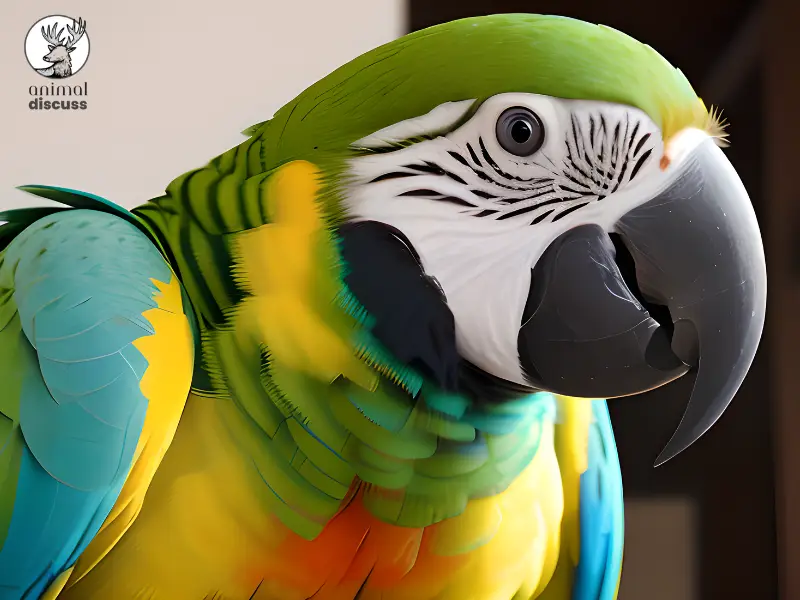
Importance of Social Interaction
Parrots are highly social birds and need interaction to thrive.
Spending quality time with your parrot, whether through talking, playing, or training, strengthens your bond and prevents loneliness.
Training Techniques and Tips
Positive reinforcement is key when training parrots. Rewarding good behavior with treats, praise, or affection encourages learning.
Start with basic commands, such as “step up,” before progressing to more complex tricks.
Managing Common Behavioral Challenges
Parrots can develop unwanted behaviors, such as screaming or feather plucking, if stressed or bored.
Addressing the root cause, like lack of stimulation or changes in their environment, helps resolve these issues.
Are Parrots Suitable for First-Time Bird Owners?
Owning a parrot can be a fulfilling experience, but it’s not without challenges. First-time bird owners must evaluate the pros and cons before committing.
| Pros | Cons |
|---|---|
| Affectionate and interactive companions | Require significant time investment |
| Long lifespan for lifelong companionship | High noise levels in some species |
| Ability to learn tricks and mimic words | Can be messy and destructive |
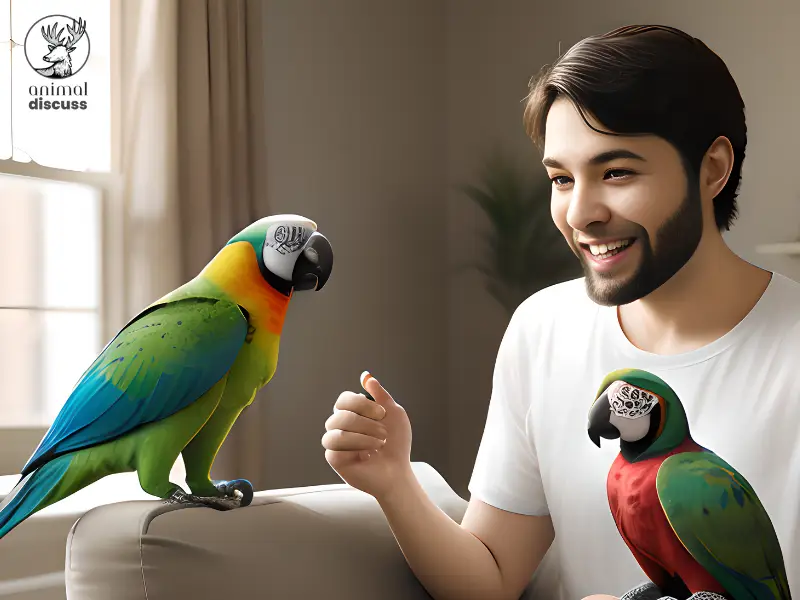
Key Considerations Before Adoption
Potential owners must consider their lifestyle, space availability, and time commitment. Parrots demand consistent care, interaction, and attention, which can be overwhelming for some first-time bird owners.
What Are the Health and Veterinary Needs of Parrots?
Maintaining a parrot’s health requires vigilance and routine care. Parrots, like any pet, need regular veterinary attention to thrive.
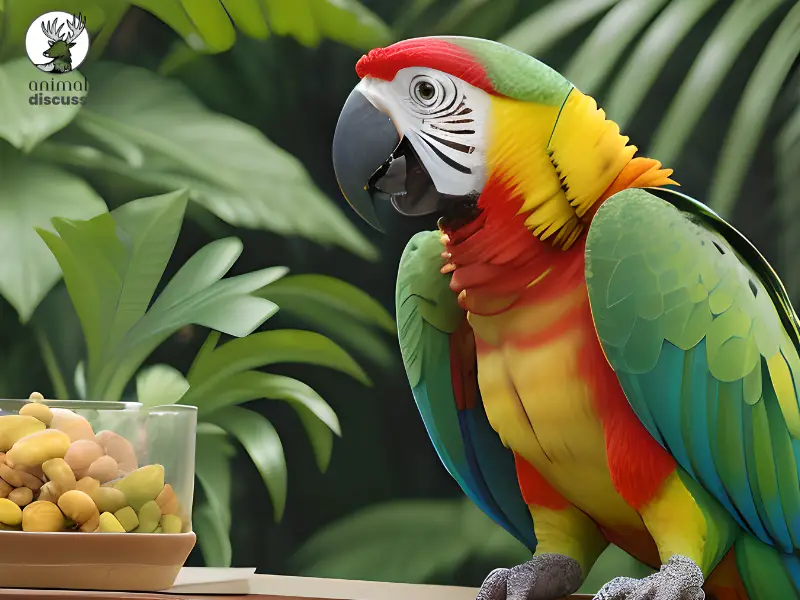
Common Health Issues and Prevention
Parrots are prone to respiratory infections, feather plucking, and nutritional deficiencies. A balanced diet, clean environment, and regular vet check-ups help prevent these problems.
Signs of Illness to Watch For
Behavioral changes, such as lethargy, reduced appetite, or unusual droppings, often signal health issues.
Early detection and prompt veterinary care can make a significant difference.
Importance of Routine Vet Visits
Regular check-ups with an avian vet ensure your parrot stays healthy.
Vaccinations, parasite control, and professional advice on diet and care keep your bird in optimal condition.
How to Ensure a Long and Happy Life for Your Parrot?
Creating an environment where your parrot can thrive is key to ensuring its happiness and longevity.
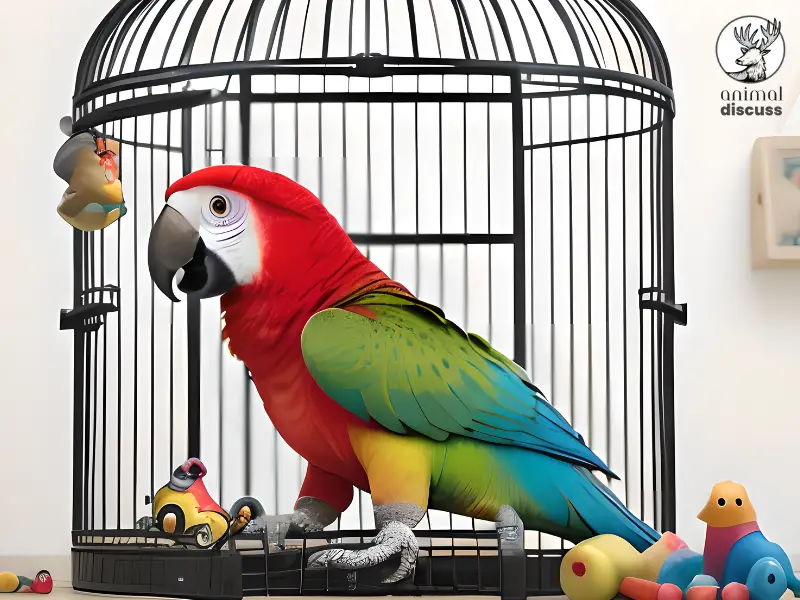
Environmental Factors for Happiness
A stimulating, clean, and spacious environment contributes to your parrot’s overall well-being. Temperature, humidity, and natural light must be monitored to mimic their natural habitat.
Creating a Parrot-Friendly Household
Keeping your parrot safe from hazards, such as toxic plants, open windows, or non-stick cookware fumes, is essential. Parrot-proofing your home ensures their safety.
Regular Enrichment and Mental Stimulation
Interactive toys, foraging activities, and varied daily routines keep parrots mentally and physically engaged. Consistent enrichment reduces stress and promotes a happy, healthy bird.
Final Words
Parrots are more than just beautiful birds; they’re intelligent, social companions that bring immense joy to their owners.
From their unique traits to their interactive personalities, these birds offer a pet experience unlike any other.
Caring for a parrot requires dedication, from meeting their dietary needs to ensuring mental stimulation and regular health check-ups. With the right care, they thrive and form deep bonds with their owners.
If you’re prepared for the commitment, owning a parrot can be a lifelong, rewarding adventure.

